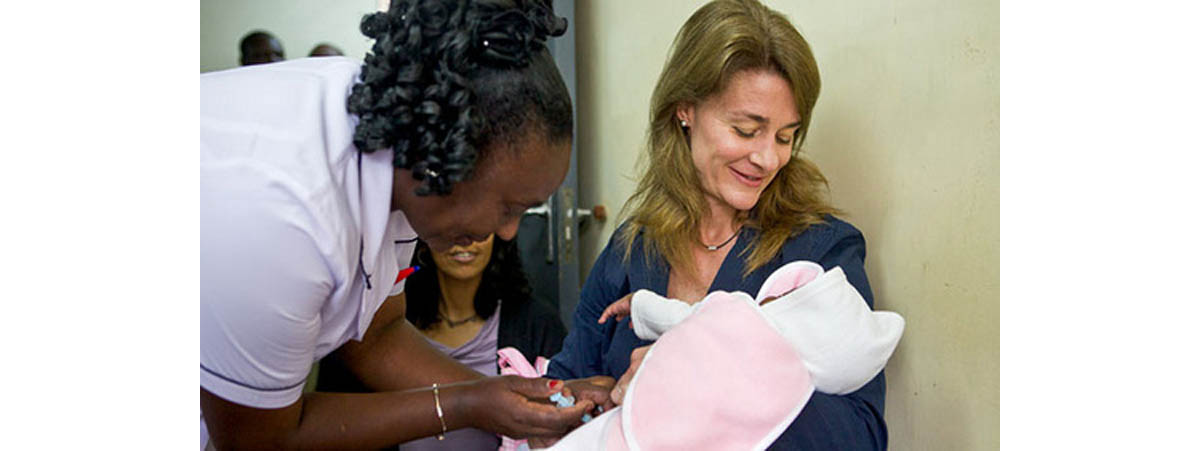Table of Contents
Vaccine rejectionists often like to point out that vaccines are not 100 percent effective. They often wonder why doctors and parents who do vaccinate are so worried about their actions if vaccines work so well. “If they believe vaccines work, then they should also believe my unvaccinated kid can't infect their vaccinated kid” — it seems like a logical statement, at first sight.

No vaccine is 100 percent effective, and not every person is eligible to be vaccinated.
Imagine a population in which nobody has been vaccinated (like, in times before vaccines were invented). A person infected with a contagious disease will come into contact with a large number of people who did not acquire natural immunity against the disease, usually before any symptoms show up. The disease is thus able to spread through the population freely with varying consequences.
In populations where only a portion of people have been immunized, the contagious disease will be able to spread to some people — both those who haven't been immunized and those who have, since no vaccine is 100 percent effective.
If the majority of a population gets vaccinated, most will enjoy protection against infection and a disease has little chance of spreading. This means even those who can't be vaccinated because they are too young, pregnant, or immunocompromised are safe from infection. Your rare infected person may come into contact with a large number of people, but this does not lead to a massive outbreak.
Those who reject vaccines for their children often wonder “why they should take one for the team”. It could be their kid who ends up with an adverse reaction to a vaccine, and in that case the concept of herd immunity does them no good at all. This makes a whole lot of sense, and every parent wants to protect their child from harm. But if the majority of parents make this decision, nobody will benefit from herd immunity any more, and everyone ends up being at risk of contracting an infectious disease that could have been eliminated through a vaccination program.
The situation in Swansea is a good example of what happens if more parents choose not to vaccinate. The MMR vaccine that protects against measles is a vaccine that concerns many parents, and that is why measles got the chance to spread. We should be happy that it wasn't polio.
- Photo courtesy of Gates Foundation by Flickr : www.flickr.com/photos/gatesfoundation/5819113192/
- Photo courtesy of Sylvain Thomin by Flickr : www.flickr.com/photos/sylvainthomin/4115700585/
- Photo courtesy of The global health nonprofit PATH by Flickr : www.flickr.com/photos/pathphotos/5225170834/
- Photo courtesy of Gates Foundation by Flickr : www.flickr.com/photos/gatesfoundation/5436401827/

